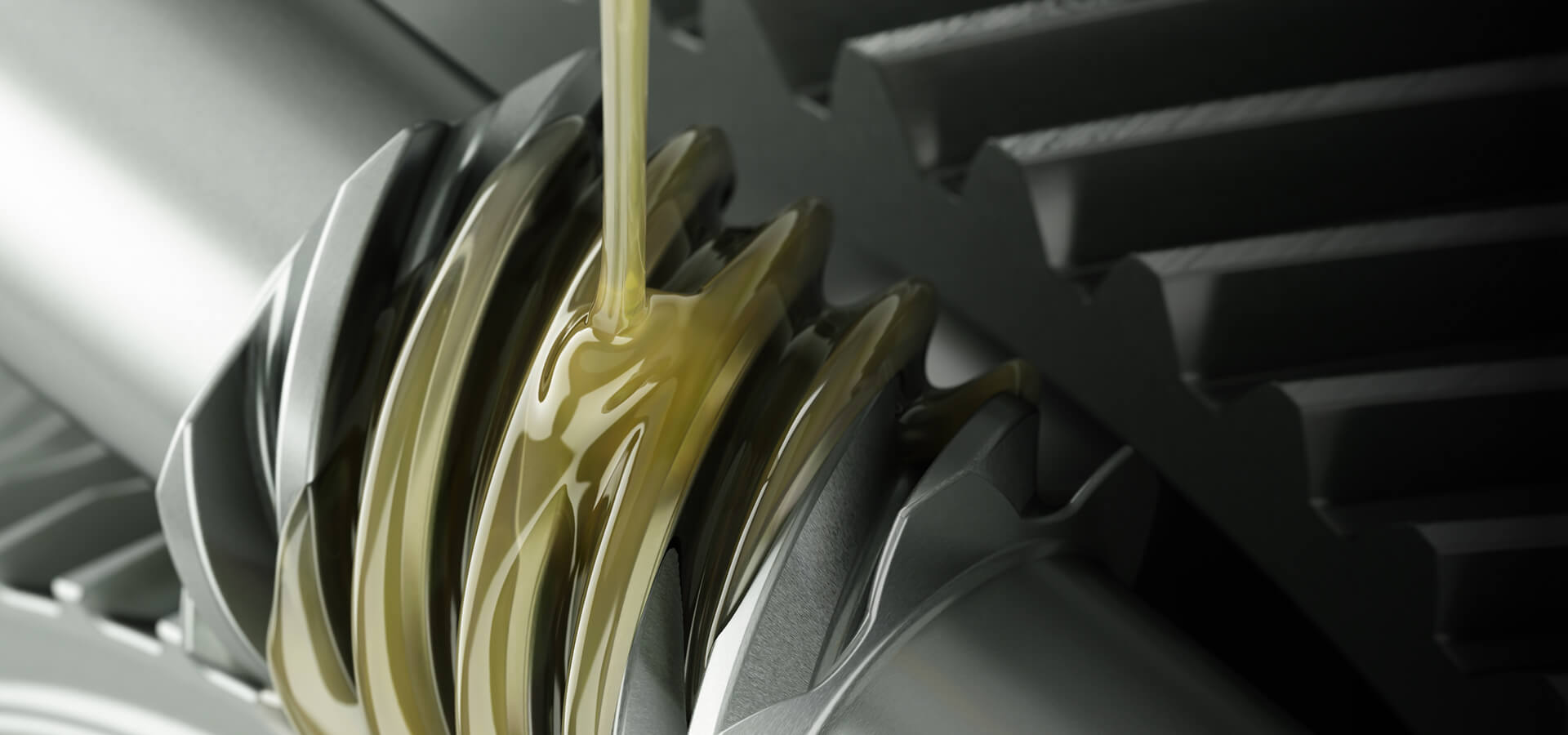Comprehending Non-HDL Cholesterol: A Comprehensive Guide
Cholesterol is a crucial substance found in your body. While it is essential for numerous bodily features, it can likewise lead to wellness concerns when its levels end up being imbalanced. Non-HDL cholesterol, specifically, has acquired attention recently as a considerable forecaster of cardiovascular disease. In this write-up, we will certainly delve into what non-HDL cholesterol is, exactly how it varies from various other kinds of cholesterol, and why it is vital for your general wellness.
What is Non-HDL Cholesterol?
Non-HDL cholesterol describes the cholesterol content brought by all the lipoproteins except high-density lipoprotein (HDL). Lipoproteins are particles responsible for transferring cholesterol and triglycerides throughout the bloodstream. While HDL cholesterol is taken into consideration “excellent” cholesterol as a result of its safety homes, non-HDL cholesterol consists of all the other lipoproteins related to raised cardio risk.
Non-HDL cholesterol includes low-density lipoprotein (LDL), very-low-density lipoprotein (VLDL), intermediate-density lipoprotein (IDL), and chylomicrons. These lipoproteins can deposit cholesterol in the arteries, leading to the development of plaques that can limit blood flow and lead to numerous cardiovascular troubles, such as cardiac arrest or stroke.
Gauging non-HDL cholesterol offers a more thorough evaluation of your cardiovascular threat contrasted to diaform + LDL cholesterol alone. It thinks about all the lipoproteins involved in the growth of atherosclerosis, a condition identified by the build-up of plaque in the arteries.
- LDL cholesterol: Low-density lipoprotein cholesterol is typically referred to as “bad” cholesterol. It carries the majority of the cholesterol in the blood and adds to the development of plaques in the arteries.
- VLDL cholesterol: Very-low-density lipoprotein cholesterol contains much more triglycerides than cholesterol and can also add to the advancement of atherosclerosis.
- IDL cholesterol: Intermediate-density lipoprotein cholesterol is a transitional lipoprotein that at some point becomes LDL cholesterol.
- Chylomicrons: Chylomicrons are lipoproteins that deliver nutritional uromexil forte cijena fats from the intestines to various other parts of the body.
By measuring non-HDL cholesterol, healthcare professionals can acquire a much better understanding of your general lipid account and make informed decisions concerning your therapy and monitoring of cardio risk variables.
Why is Non-HDL Cholesterol Important?
Non-HDL cholesterol is a beneficial tool in examining your cardio health as a result of its capacity to mirror a wider range of atherogenic lipoproteins compared to LDL cholesterol alone. Numerous research studies have actually indicated that non-HDL cholesterol is a stronger predictor of future cardio occasions than LDL cholesterol alone.
High degrees of non-HDL cholesterol have actually been linked to a raised danger of cardiovascular disease and stroke. Elevated non-HDL cholesterol degrees are commonly a repercussion of a harmful way of life, which might include a diet regimen high in saturated and trans fats, lack of exercise, smoking, and obesity.
Checking your non-HDL cholesterol degrees can assist identify individuals who may take advantage of way of life changes or medicinal interventions to decrease their cardio danger. By attending to non-HDL cholesterol levels, you can take aggressive steps towards safeguarding your heart health and wellness.
How to Manage Non-HDL Cholesterol
If you have been diagnosed with high non-HDL cholesterol, there are numerous techniques you can embrace to take care of and enhance your lipid account:
- Adopt a heart-healthy diet: Include more fruits, vegetables, whole grains, lean proteins, and healthy and balanced fats into your diet regimen. Limit your intake of saturated and trans fats, cholesterol, and salt.
- Engage in routine exercise: Aim for a minimum of 150 minutes of moderate-intensity cardiovascular exercise or 75 mins of strenuous exercise each week. Physical activity can aid raise HDL cholesterol levels and boost overall cardio health and wellness.
- Stopped smoking: Smoking problems blood vessels, adds to the growth of atherosclerosis, and reduces HDL cholesterol degrees. Giving up cigarette smoking can have considerable advantages for your cardiovascular health and wellness.
- Keep a healthy weight: Losing excess weight, if essential, can help improve your lipid profile. Even a modest weight-loss can have a favorable influence on your total cardiovascular health and wellness.
- Take prescribed drug: In some cases, way of living adjustments might not be sufficient to handle non-HDL cholesterol. Your healthcare provider may recommend lipid-lowering drugs, such as statins, to assist you achieve your target lipid levels.
Verdict
Non-HDL cholesterol is a crucial marker in assessing your cardiovascular threat. By recognizing the significance of non-HDL cholesterol and taking suitable steps to manage it, you can minimize your risk of cardiovascular disease and stroke. Focus on a heart-healthy way of living, including a well balanced diet, routine workout, and avoidance of harmful behaviors, to preserve ideal non-HDL cholesterol degrees and safeguard your heart wellness for many years to find.
















